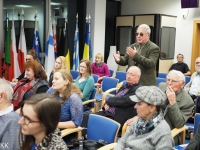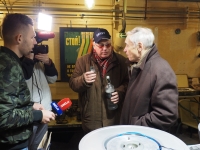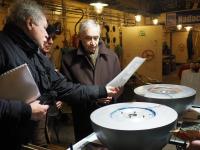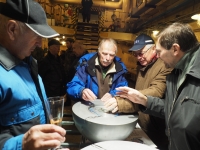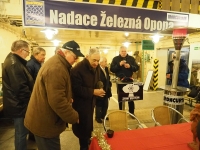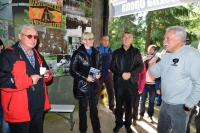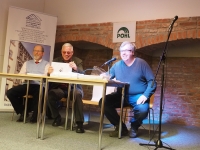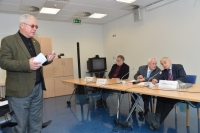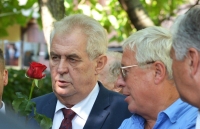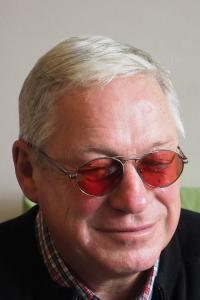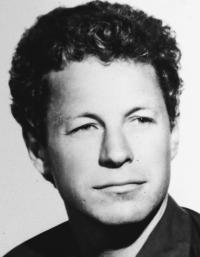Things are never so bad that they couldn’t be worse, so look forward to every new day

Download image
Jan Šolta was born on 5 June 1946 in Police nad Metují as the third child of the headmaster of the school in Teplice nad Metují. He was plagued with political problems from his youth. His father was expelled from the Communist Party of Czechoslovakia in 1968, after three years of membership. Another blemish on his cadre report was that his brother emigrated to Israel in 1968. With great difficulties he finally managed to enrol at the University of Economics, where he successfully completed a degree. He was even employed at his alma mater as the secretary for the Committee for Czechoslovak History after 1945 and also as a teacher at the Department of Economic History. While working with students, which included some “extracurricular” dissident activity, he was discovered and was forced to leave the school. Thanks to the support of Karel Matějka he was accepted to a permanent position at the Economic Institute of the Academy of Sciences. However, he was dismissed from the institute for political reasons and subsequently only found temporary employment. His activities as a youth organisation guide garnered further negative assessment. He was strongly influenced by his meeting with Oleg Lushnikov, a graduate of the Soviet diplomat school.
